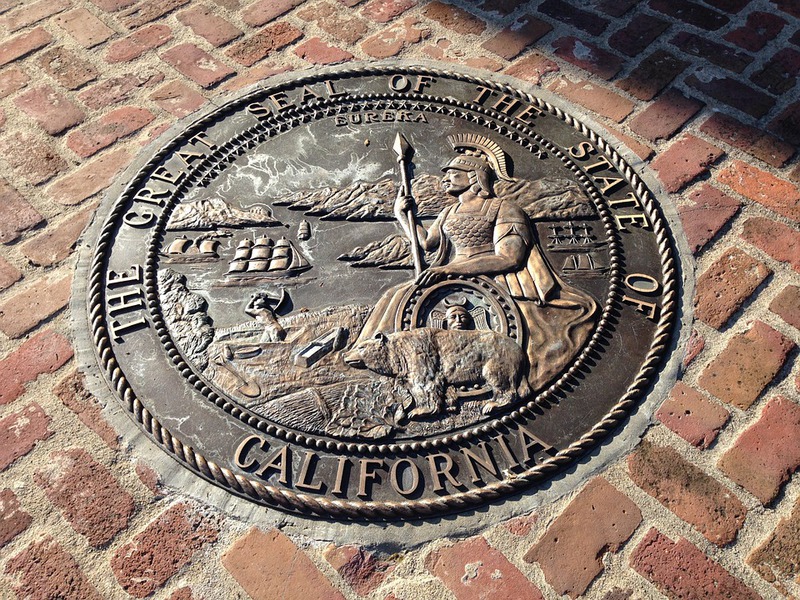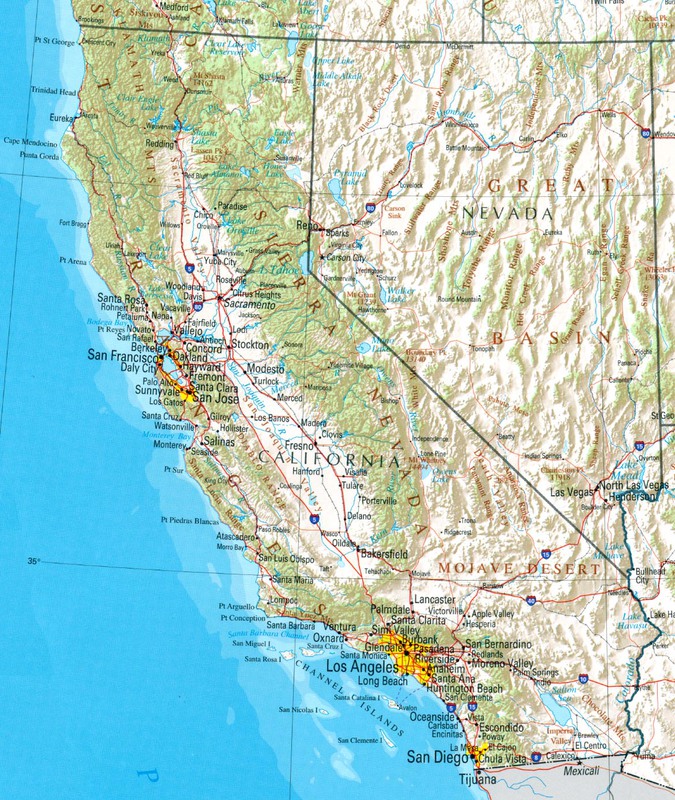






California Sports Betting Appears Unlikely Until 2020 Referendum: ReportSome Of Same Challenges Facing Online Poker Will Impact Sports Betting |
|
|

California will move slowly toward sports betting, but any pace would be faster than the speed at which the Golden State moved on internet poker legislation.
Per a report from the L.A. Times, a proposal was floated last week to put the issue of sports betting on the 2020 ballot for voters to weigh in. The initiative was proposed by a political consultant working for the state’s card rooms, online gambling firms and the sports leagues. Sports betting legislation in California was sitting with a pair of Assembly committees as of late last month.
The U.S. Supreme Court in mid-May struck down a 1992 federal law known as PASPA which previously had prevented states from regulating full-fledged sports betting within their respective borders, with the exception of Nevada.
In the days and weeks after the ruling, both Delaware and New Jersey kicked off legal sports betting at their respective gambling facilities. Around 20 states are considering the activity, which could create a nationwide market of $6 billion within the next five years.
 In California, the complexities of the state’s gambling industry made online poker regulation challenging to move through the legislature. According to a report from the Press Democrat, sports betting will likely be afflicted by similar issues. California is home to the nation’s top tribal casino market, worth nearly $8 billion per year. Tribal sovereignty is upheld thanks to gaming compacts between the tribes and the state. In California, the tribes have the exclusive right to offer casino-style games, with the exception of poker.
In California, the complexities of the state’s gambling industry made online poker regulation challenging to move through the legislature. According to a report from the Press Democrat, sports betting will likely be afflicted by similar issues. California is home to the nation’s top tribal casino market, worth nearly $8 billion per year. Tribal sovereignty is upheld thanks to gaming compacts between the tribes and the state. In California, the tribes have the exclusive right to offer casino-style games, with the exception of poker.
“[T]ribes are major players in what may become a long, drawn-out negotiation into who can accept sports wagers and who gets a share of the profits,” reported the Press Democrat. “Tribes have argued that sports betting rights are included in their compacts with the state.”
The California Nations Indian Gaming Association echoed the sentiment.
“California voters have, on numerous occasions, confirmed the exclusive right of California tribal governments to operate casino-style games,” Steve Stallings, the group’s chairman, said in a statement. “Legalization of sports betting should not become a backdoor way to infringe upon exclusivity.”
California considered online poker for about a decade before talks sputtered to a stop. In both Michigan and New York, there has been talk of coupling online poker with sports betting, which could provide some sort of blueprint for California to do the same. Could sports betting help move California past the finish line for online poker?
